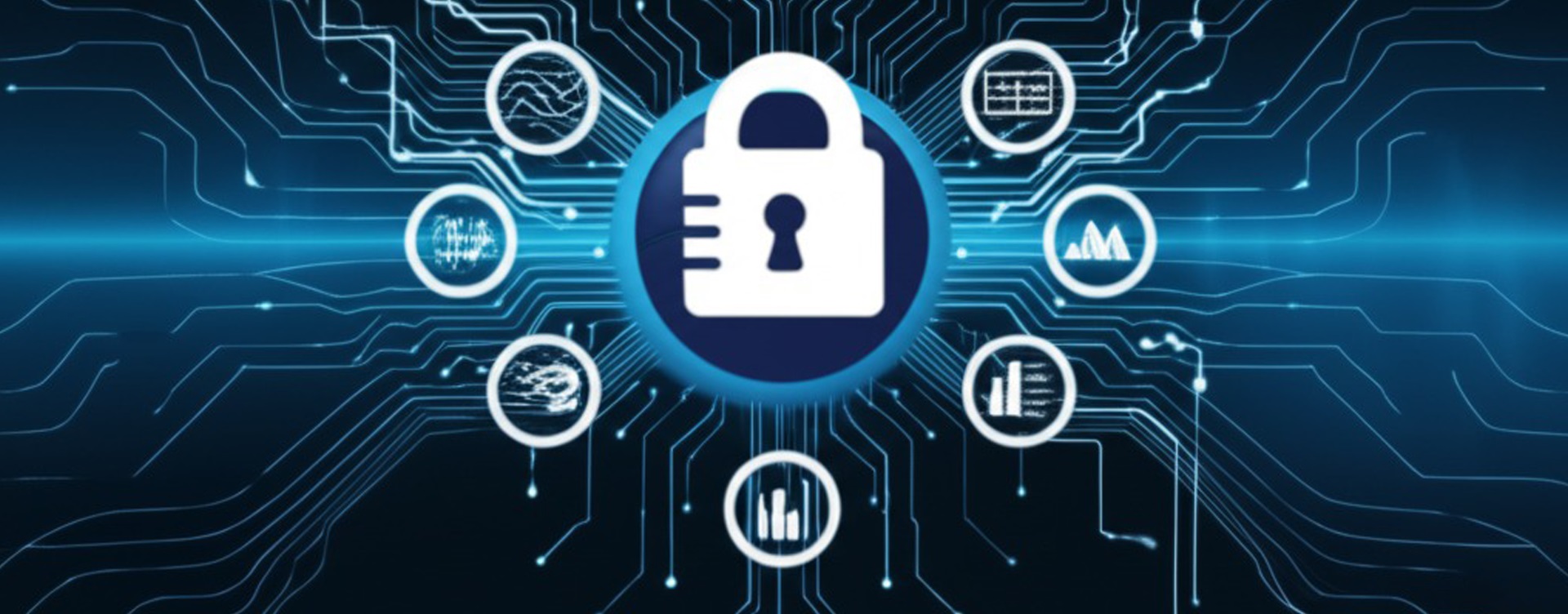ISO/IEC 27001: The Global Standard for Information Security
Menu Home Our Services Artificial Intelligence (AI) Automation Solutions Custom IT Solutions Cybersecurity Managed IT Services (MSP) About Us Blog Contact Us Back to Blog ISO/IEC 27001: The Global Standard for Information Security When it comes to globally recognized cybersecurity standards, ISO/IEC 27001 is a name you can trust. It’s one of the most comprehensive and respected frameworks for managing information security risks. At 101 IT, we work with organizations that need strong, compliant, and reliable security programs. For those with clients, partners, or operations across borders, ISO 27001 is often the gold standard. Let’s break down what ISO 27001 is, why it matters, and how your organization can benefit from it. What is ISO/IEC 27001? ISO/IEC 27001 is an international standard that sets the criteria for establishing, implementing, maintaining, and continually improving an Information Security Management System (ISMS). It doesn’t tell you exactly what controls to implement—but instead offers a risk-based approach tailored to your organization’s specific context and needs. The goal? To protect the confidentiality, integrity, and availability of information. Key Components of ISO 27001 Risk Assessment: Identify risks to information assets and evaluate their impact. Security Controls: Select and apply controls from Annex A or others as needed. Policy Framework: Establish and enforce policies across your organization. Monitoring & Review: Track effectiveness through audits and continuous improvement. Top Management Involvement: Leadership must be actively engaged and accountable. Compliance & Documentation: Document your ISMS and meet audit criteria for certification. Why ISO 27001 Matters Here’s what makes ISO 27001 valuable: International Recognition: Builds trust with global clients and partners. Risk-Based: Focuses on real threats to your specific operations. Legal & Regulatory Compliance: Supports compliance with laws like GDPR, HIPAA, and PIPEDA. Business Continuity: Helps protect and recover information assets during crises. Competitive Advantage: Certification can differentiate your business in a crowded market. ISO 27001 and 101 IT: Your Implementation Partner Implementing ISO 27001 can be challenging—but with the right partner, it becomes manageable and strategic. 101 IT offers: Gap Analysis: Evaluate how your current security posture compares with ISO standards. ISMS Design: Tailor your Information Security Management System to your needs. Policy Development: Craft meaningful policies that meet compliance and operational goals. Risk Assessment & Mitigation: Build a practical risk register and treatment plan. Audit Readiness: Prepare your team and documentation for external certification. We support both full implementations and phased approaches depending on your budget, timeline, and priorities. Case in Point A SaaS startup approached us with concerns about data protection while expanding into Europe. ISO 27001 certification became their roadmap. We guided them from risk assessment to a successful audit, opening the door to new international clients. Final Thoughts ISO 27001 isn’t just a checkbox—it’s a signal to your clients and partners that you take security seriously. Whether you’re aiming for certification or simply want to build a stronger ISMS, 101 IT has the knowledge and experience to help you get there. June 26, 2025 Enjoyed this article? Share it with your network! Get in Touch with Us Ready to elevate your IT? Whether you’re in the Greater Toronto Area (GTA), Ontario, or anywhere across Canada, we’re here to help your business grow and thrive. Let’s start the conversation today! Contact Us Today Copyright © | Powered by



